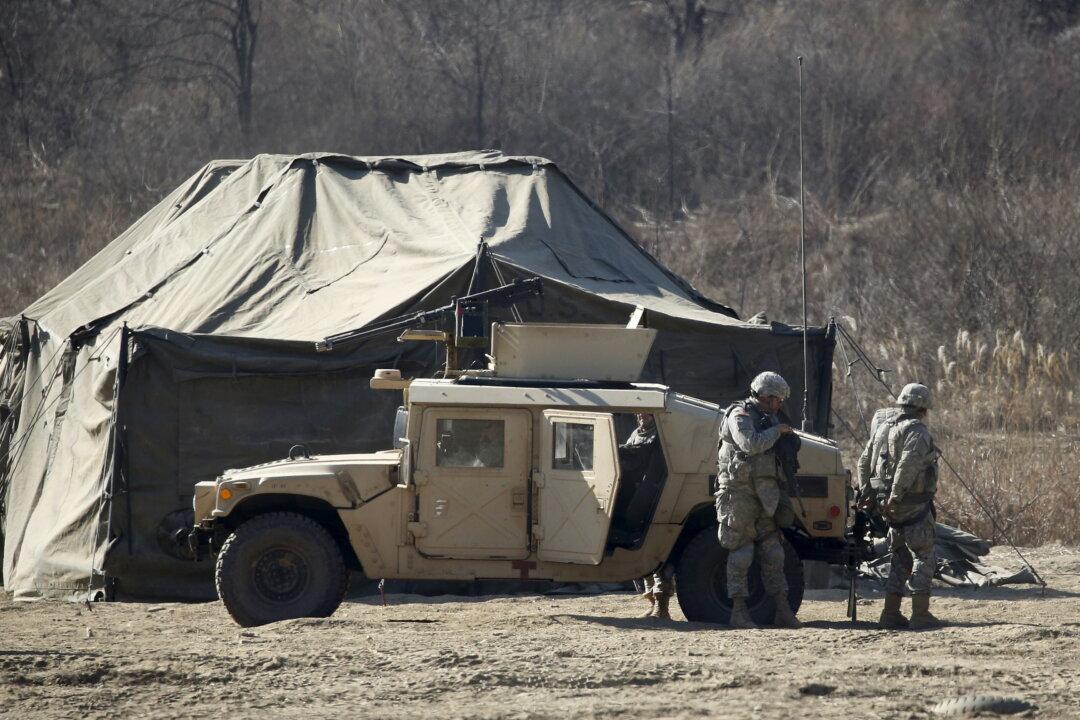South Korea will pay $60 million more for the upkeep of U.S. troops on its territory—this after President Donald Trump demanded that Seoul boost its contribution. The two nations inked a short-term deal on Feb. 10 increasing South Korea’s annual bill by 6.75 percent to $890 million.
On the campaign trail, Trump promised U.S. voters that he would fight to secure fair deals for the United States on the world stage. America’s NATO allies have boosted military spending by $100 billion after similar demands from Trump.





